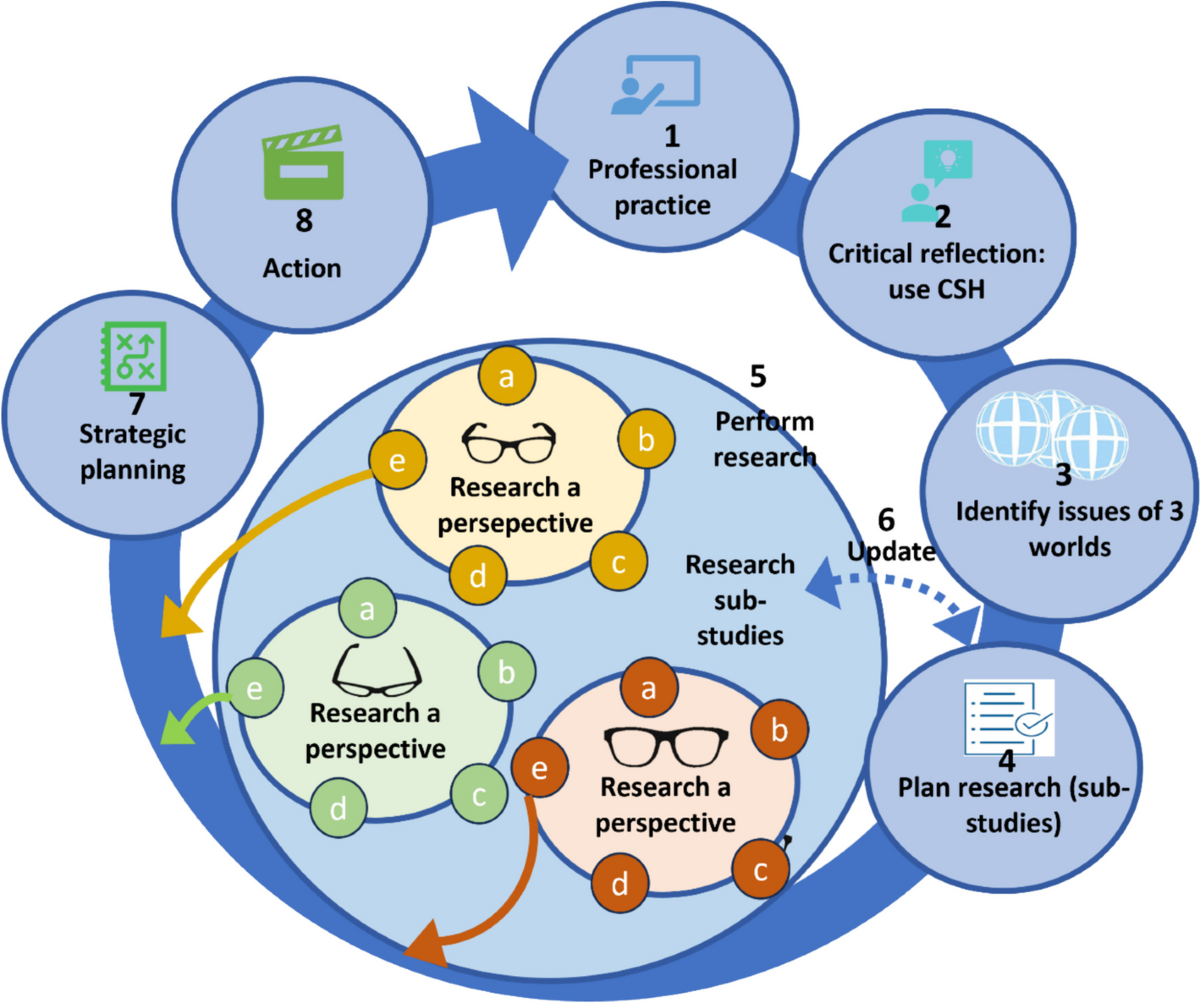Action Plan for Research Using the World-System Perspective
10. Action Plan for Research Using the World-System Perspective
Question: Outline a research plan that incorporates the world-system perspective to study a global-local issue relevant to Nepal. What theoretical and empirical methods would you employ to investigate this issue?
Relevant Topics: Research methodology based on Wallerstein’s world-system theory, group work agenda from the Action Plan unit.
### Research Plan: Labor Migration and Global Capitalism in Nepal
#### Research Topic
The study will investigate the relationship between labor migration and global capitalism in Nepal, focusing on how global economic forces shape migration patterns, the experiences of migrants, and the socio-economic impacts on local communities.
#### Objectives
1. To analyze the motivations behind labor migration from Nepal in the context of global capitalism.
2. To examine the policies and institutional mechanisms governing labor migration in Nepal.
3. To assess the socio-economic impacts of remittances on local communities and national development.
4. To explore the challenges faced by Nepali migrants in destination countries and the implications for their families back home.
### Theoretical Framework
This research will utilize **Wallerstein’s world-systems theory** as the primary theoretical framework. The theory will help to contextualize Nepal's labor migration within the broader capitalist world-system, emphasizing the core-periphery dynamics that influence migration patterns and economic relations.
#### Key Concepts
- **Core-Periphery Dynamics**: Understanding how Nepal, as a peripheral nation, is integrated into the global economy and how this affects labor migration.
- **Unequal Exchange**: Analyzing how the economic benefits of labor migration are distributed between core countries and Nepal.
- **Dependency**: Exploring how reliance on remittances may perpetuate economic dependency and underdevelopment in Nepal.
### Methodology
#### 1. **Theoretical Methods**
- **Literature Review**: Conduct a comprehensive review of existing literature on labor migration, global capitalism, and world-systems theory. This will include works by Wallerstein, as well as studies specific to Nepal, such as those by Bandita Sijapati and Amrita Limbu.
- **Conceptual Framework Development**: Develop a conceptual framework that integrates world-systems theory with the specific context of labor migration in Nepal.
#### 2. **Empirical Methods**
- **Qualitative Research**:
- **Interviews**: Conduct semi-structured interviews with key stakeholders, including migrant workers, their families, policymakers, and representatives from NGOs working on migration issues. This will provide insights into personal experiences and the impact of migration on families and communities.
- **Focus Groups**: Organize focus group discussions with migrant communities to explore collective experiences and perceptions regarding migration and remittances.
- **Quantitative Research**:
- **Surveys**: Design and distribute surveys to collect data on migration patterns, remittance flows, and socio-economic impacts on households. This data will help quantify the relationships between migration, remittances, and local development.
- **Statistical Analysis**: Use statistical methods to analyze survey data, identifying trends and correlations related to labor migration and economic outcomes.
### Data Sources
- **Government Reports**: Analyze reports from the Nepalese government and international organizations regarding labor migration policies, remittance statistics, and economic data.
- **NGO Publications**: Utilize research and reports from NGOs focused on labor rights and migration in Nepal to understand the challenges faced by migrants.
- **Academic Journals**: Review scholarly articles that discuss labor migration, global capitalism, and their implications for development in Nepal.
### Expected Outcomes
1. **Comprehensive Understanding**: Provide a nuanced understanding of how global capitalism influences labor migration in Nepal and the socio-economic implications for migrants and their families.
2. **Policy Recommendations**: Develop recommendations for policymakers to improve labor migration governance, enhance protections for migrants, and maximize the developmental benefits of remittances.
3. **Contribution to Theory**: Contribute to the theoretical discourse on labor migration and global capitalism by applying world-systems theory to the specific context of Nepal.
### Timeline
- **Months 1-2**: Conduct literature review and develop conceptual framework.
- **Months 3-4**: Design research instruments (interviews, surveys) and obtain necessary approvals.
- **Months 5-6**: Conduct fieldwork (interviews, focus groups, surveys).
- **Months 7-8**: Analyze data and compile findings.
- **Months 9-10**: Write and disseminate research report.
### Conclusion
This research plan outlines a comprehensive approach to studying labor migration and global capitalism in Nepal through the lens of world-systems theory. By employing both qualitative and quantitative methods, the study aims to uncover the complexities of migration, the experiences of Nepali migrants, and the broader socio-economic implications for Nepal within the global capitalist framework.
Citations:
[1] http://www.eolss.net/sample-chapters/c04/e6-99a-36.pdf
[2] https://web.mit.edu/esd.83/www/notebook/WorldSystem.pdf
[3] https://en.wikipedia.org/wiki/World-systems_theory
[4] https://www.journals.uchicago.edu/doi/abs/10.1086/226431
[5] https://www.sciencedirect.com/topics/social-sciences/world-systems-theory
[6] https://www.sociopedia.co/post/world-systems-theory
[7] https://link.springer.com/referenceworkentry/10.1007/978-3-319-74336-3_372-1
[8] https://www.oxfordbibliographies.com/display/document/obo-9780199743292/obo-9780199743292-0272.xml






No comments:
Post a Comment
If you have any doubts. Please let me know.